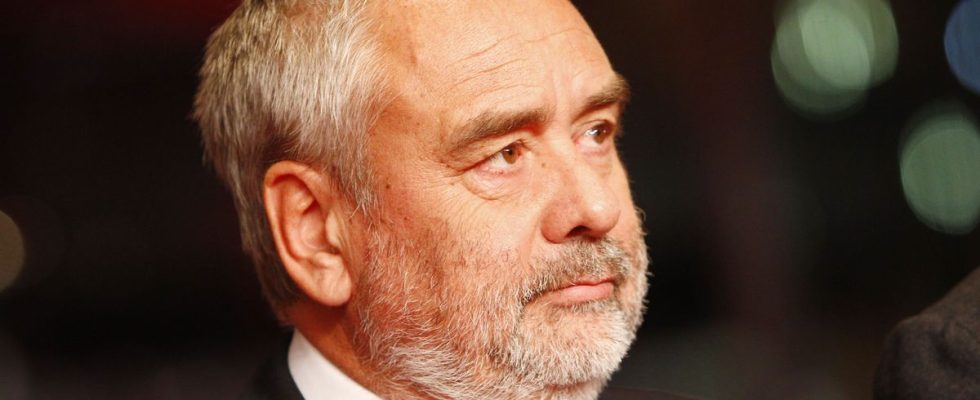Emblematic case of the #MeToo movement in French cinema, the rape case against Luc Besson closes without conviction, or even a final trial. The Court of Cassation definitively dismissed on Wednesday the accusations of rape by actress Sand Van Roy against the director by rejecting the appeal lodged by the latter against the dismissal for the benefit of the filmmaker. The highest judicial court in fact considered that there was “no means of a nature to allow the admission of the appeal” and therefore pronounced its non-admissibility.
“This decision confirms the dismissal in favor of Luc Besson and ratifies all the decisions of the last five years which have found him not guilty”, with a dismissal in December 2021, confirmed by the Court of Appeal of Paris in May 2022, reacted Me Thierry Marembert, lawyer for the filmmaker.
“It therefore puts a definitive end to this procedure initiated in 2018, during which Luc Besson was systematically cleared by all the magistrates who examined the case. As a lawyer, I welcome this exemplary procedure, which has allowed the manifestation of the truth which is that Luc Besson is innocent”, rejoiced the council, which had received support for the cassation procedure from Me Patrice Spinosi.
Several sexual assaults between 2016 and 2018
The plaintiff, Sand Van Roy, immediately reacted on Twitter: “The Court of Cassation has decided not to admit my appeal, which once again results in French justice refusing to consider evidence in the file. . “I am continuing the proceedings in progress and I will seize the European Court of Human Rights,” she added.
During a hearing on May 24 on the appeal, the public rapporteur had proposed that the appeal not be admitted, considering that the defense called into question the “sovereign assessment” of the Court of Appeal, that its arguments were not not serious and that the highest French judicial court did not have the right to rule on the need for an additional investigation. The Advocate General had also advocated non-admission, using an argument comparable to that of the rapporteur.
In this emblematic case of #MeToo cinema version, the 35-year-old Belgian-Dutch actress had filed a complaint for rape on May 18, 2018, a few hours after an appointment in a Parisian palace whose protagonists gave two different versions. For Sand Van Roy, the influential filmmaker had imposed on him digital penetration, a source of fainting, despite his injunctions to stop. A version according to her accredited by findings, the day of the facts, by the medico-judicial emergencies.
Two months later, the actress filed a complaint against the filmmaker for other rapes and sexual assaults committed, according to her, between 2016 and 2018, episodes of a “relationship of professional influence” under threats of “retaliation on his acting career”. Luc Besson regretted an extramarital relationship in a context of “subordination”, while the actress had shot in some of her films. But he indicated twice that he had “no recollection” of some of the facts denounced and recounted a consented report imbued with “gentleness”.

